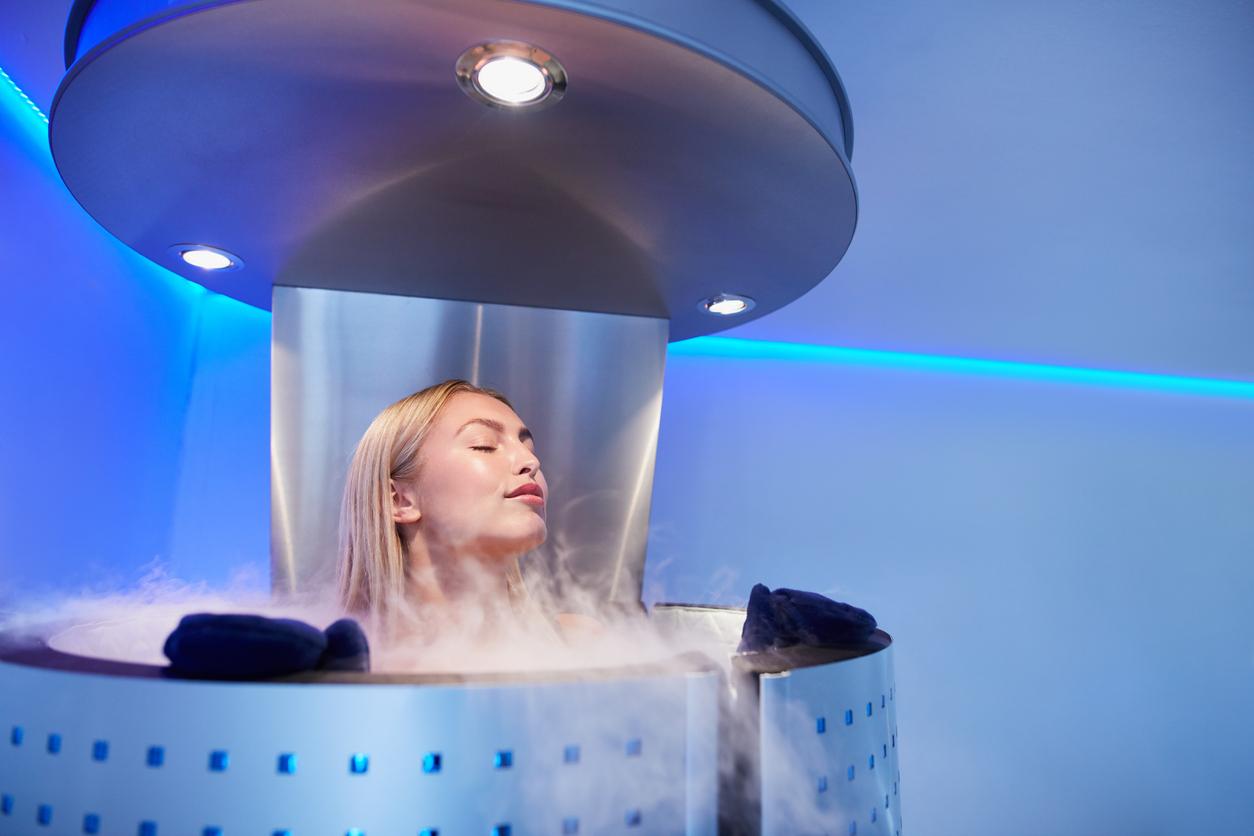Running in cold weather has many health benefits, as a doctor specializing in marathon monitoring points out.

- The benefits of running in cold weather outweigh running in warm weather, scientists say.
- Running in cold temperatures helps, among other things, to stimulate metabolism, improve mood and even burn fat.
- However, running in cold weather requires you to be well equipped to avoid injuries.
Going for a run when the temperatures don’t reach double digits isn’t very motivating. However, running in cold weather has more health benefits than running in warm weather, says Dr. Joshua Blomgren of Midwest Orthopedics at Rush and manager of the marathon aid station in Chicago.
“Cold weather doesn’t need to force runners indoors and I encourage my patients to continue running safely outside“, explains the doctor. “Exercise is medicine, even in winter.”
Morale, metabolism, fat burner: running in winter has advantages
Like athletes, researchers have wondered whether it is better for the body to run in low or high temperatures. Their studies seem to give the advantage to cold. Running in winter actually has 5 benefits according to scientific literature:
- Less thermal stress for the body: the increase in body temperature in a hot environment causes more effort for the body and is linked to increased cardiovascular and metabolic tension.
- Stimulates metabolism: “Our bodies are programmed to preserve fat, which slows our metabolism in response to less exercise. Running in the cold ‘cheats’ the body, altering the slowing metabolism and helping to maintain a healthy weight.”explains the expert in his article published on the website of its establishment on November 27, 2023.
- Improves mood: During winter – when the days are shorter and less bright – seasonal depression may appear. However, exercise is one of the recommended ways to combat this disorder. It helps release hormones associated with well-being such as serotonin and endorphins.
- Helps burn more calories: “Running burns significant calories and helps us maintain and lose weight in winter. It can also help us live longer. Runners have a 25-40% reduced risk of premature mortality and live about three years older than non-runners, according to Progress in Cardiovascular Diseases“specifies Dr. Joshua Blomgren.
- Transforms bad fat into “good fat”: There are different types of body fat. The white one, the excess accumulation of which is detrimental to health, and the brown one, which participates in the regulation of body temperature and burns calories. Various works have shown that theexercise and theexposure of the body to cold promotes the conversion of white fat into brown fat.
Running in cold weather: precautions to take
For running in cold weather to represent a health benefit, however, you must take some precautions to avoid injuries (frostbite, sprain, fall, etc.). Indeed, negative temperatures can also represent a danger for poorly equipped athletes.
In order to face the cold properly while jogging, it is recommended to dress in several layers. This allows you to gradually discover yourself if you get too hot while running. You should also favor absorbent fabrics instead of cotton or wool.
Additionally, the extremities of the body – such as the head, hands, feet and neck – are the first to be affected by the cold and 70% of heat loss is linked to these areas. It is therefore recommended to cover them (hat, glove, good socks, etc.). Additionally, the neck gaiter in front of the nose and mouth helps warm the fresh air. Which makes it less difficult to breathe.
Furthermore, you must have good running shoes and not use icy paths to avoid sprains, fractures and falls. “A good rule of thumb is to avoid running in temperatures below zero and to be alert for any signs of frostbite (red or even purplish patches that swell and itch, Editor’s note),” adds the doctor.

















